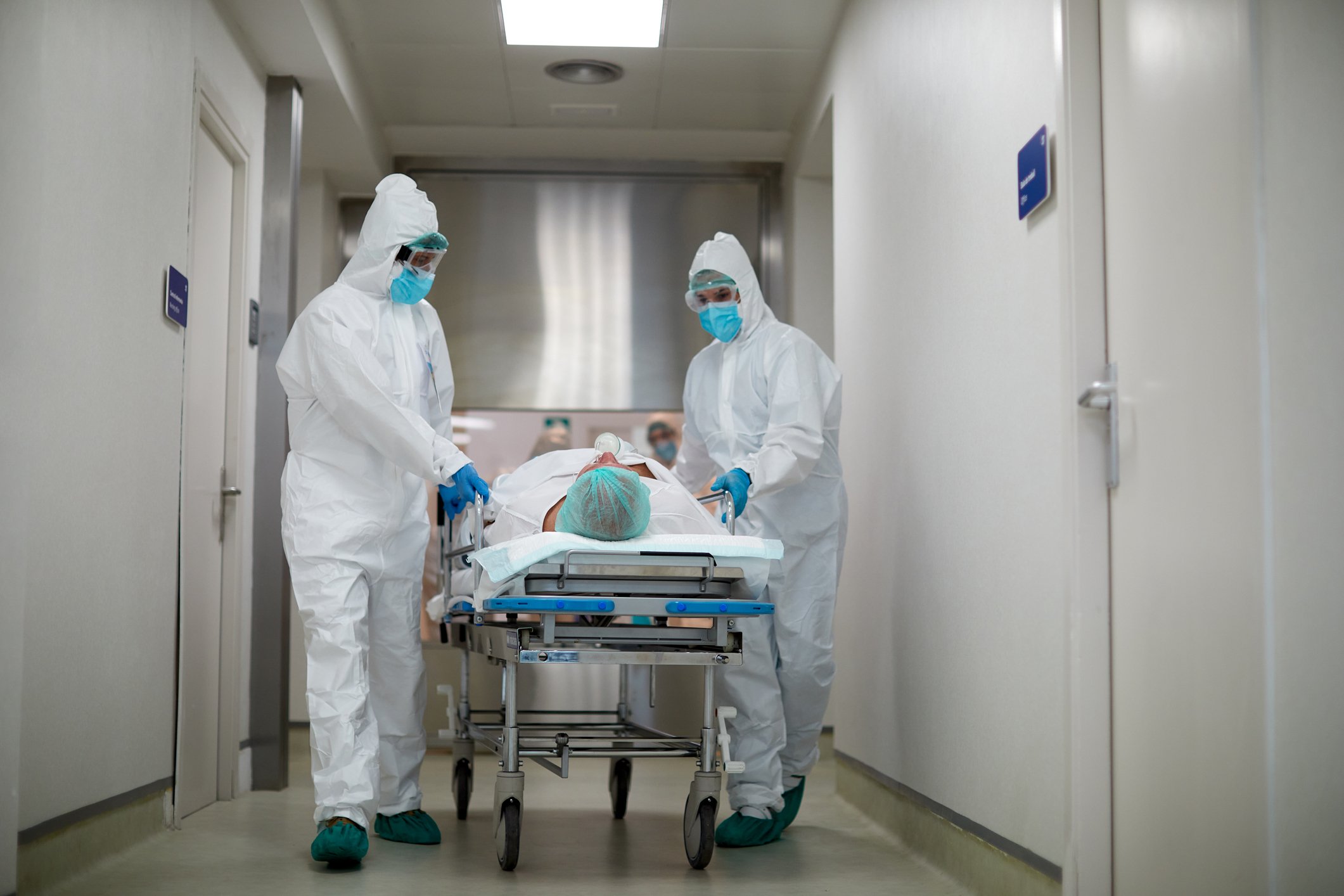When the worst thing you can say about a company is that its stock doesn't look very cheap, that's not a bad situation. It is challenging for me to see substantial undervaluation in Becton Dickison (BDX +0.90%) these days, even given the company's excellent share in safety devices, pre-filled syringes, and autoinjectors, and above-average growth in emerging markets. Although I'd be in no rush to sell, I would suggest investors keep an eye on the changes under way throughout the diagnostics industry.
Starting the year on the right foot
BD did itself no harm with a strong fiscal first quarter. Revenue rose 7% in constant currency and 6% in organic terms, leading to a 2% beat versus the Street. While sales growth in the U.S. was restrained (up a little more than 2%), OUS sales grew 10% in local currency and emerging market sales were up more than 13% and about one-quarter of the total.
Segment results were a little less impressive to me. Medical sales were up almost 9% (with more than one point of benefit from the flu season), with MedSurg up 9% and Diabetes up 10%. Bioscience was up almost 6%, but diagnostics was up 4% -- not so impressive when compared to Abbott Labs or Roche, but pretty good relative to Meridian or Hologic (HOLX +0.03%).
Margins were weaker, but in line with expectations. Gross margin declined from 52.9% to 51.3%, while operating income fell almost 4% on a nearly two-point decline in operating margin.
A lot of turbulence in the diagnostics market
BD is very much a credible competitor in the diagnostics space, with systems like the BD Max, Viper, and Veritor, and the company has the opportunity to leverage this business with further test menu development. Even so, this is a large market undergoing quite a bit of change these days.
BD has not benefited from the shift from immunoassay to molecular diagnostics to the same extent as Cepheid (NASDAQ: CPHD), Abbott, Roche, or Hologic, but the company does have a credible presence in this area. Even so, Cepheid has stayed well ahead of the company in terms of system placements, as Cepheid placed more than five times as many GeneXpert systems with commercial customers as BD did with its BD Max system. It's also important to note that Cepheid's strong position in hospital-acquired infection testing has opened up a lot of doors for the company – many facilities acquire the systems for HAI testing but then begin using them for other tests as well.
BD is also navigating a change in policies toward pap testing (longer intervals between testing) and the loss of a large contract to Hologic. Worse yet, Cepheid and Hologic appear to be driving a decentralization of HPV and STD testing that doesn't really work in BD's favor. Last and not least, I'm not convinced that BD is well-placed to benefit from the likely considerable growth to come in HCV testing, as well as a migration toward greater multiplexing in diagnostic systems.
Strong in other growth markets
Offsetting my concerns about the diagnostics business, BD does have a very strong presence in markets that I believe have good long-term attributes – namely safety products, diabetes products, and generic injectables.
Sales of safety products were up almost 10% this quarter, and I believe this will be a significant growth opportunity in the emerging markets. It is also well worth mentioning that BD has about 50% share in the market for pre-filled insulin syringes/injectors (devices like insulin pens), and the number of insulin-dependent diabetics continues to grow at a high single-digit rate (estimated around 7%).
The generic injectables business (BD Simplist) is also a significant long-term opportunity in my opinion. Hospira has sizable share here (estimated at over one-third of the market), but BD is focusing on opportunities where pre-filled injectable products can improve efficiency and reduce errors in areas like ICUs and critical care units. BD will be taking it slow with this business, but this is a high-margin opportunity where not all that many companies have the capabilities to really compete.
The bottom line
It's tempting to say that this is a situation where valuation doesn't matter and investors should buy BD and just hold it for a long time to benefit from its strong share in vital areas like surgical instruments, safety devices, and pre-filled injectables and growth opportunities in emerging markets. I do believe that BD has a good chance of delivering long-term revenue growth of 5% and free cash flow growth of 8%, making it one of the strongest large-cap growth stories.
Those growth rates would make the shares worth about $111 today, so I can't say that the stock is shockingly overvalued, nor that the Street won't push the multiples even higher if those growth rates materialize. Even so, there is not a huge margin of safety here, so I expect these shares will hold more appeal for GARP-style investors than true value hounds.







